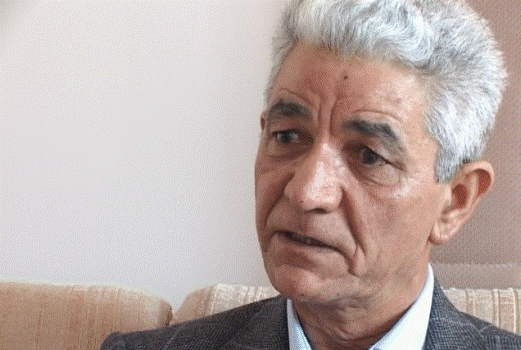DUSHANBE, February 19, 2011, Asia-Plus — To improve the food security situation Tajikistan ought to take urgent measures to carry out serious reforms in its agrarian sector, Mr. Nassim Jawad, FAO Coordinator in Tajikistan, said in an interview with Asia-Plus.
According to him, the food security situation in Tajikistan will be deteriorating day by day, until serious reforms are carried out in the agrarian sector.
“In Tajikistan, the majority of families in rural areas spend some 60-65 percent of their income on food, while urban population spends even more,” said Mr. Jawad, “In the meantime, people in European countries spend some 15 percent and in Asia 40-50 percent.”
Such high expenses on food do not allow Tajik farmers to invest funds in development of their farms, the FAO coordinator noted. “Some 40 percent of Tajikistan’s population spends only 9.00 somoni (equivalent to US$2.00) per day,” he said.
Mr. Jawad, however, is sure that that rising food prices will not yet lead to deterioration of the situation in the country. “There is no shortage of food in Tajikistan but there is a problem of economic access to food,” said Nassim Jawad, “First of all, it concerns low-income families. These families cannot afford to buy enough food products at Tajikistan’s markets.”
In this context, he noted that funds remitted by labor migrants to their families kept many families above the poverty line, allowing them to buy enough food products. “But for labor migrants working in Russia and Kazakhstan, the majority of families in Tajikistan would have been in difficulties,” said the FAO coordinator, “We think it is good for Tajikistan that one million labor migrants currently work outside the country because these manpower resources are not yet in demand in the country.”
But in the future, when proper agricultural reforms are carried out in Tajikistan, Tajikistan will need manpower resources.
Mr. Jawad considers that the government of Tajikistan must invest more funds in providing the food security in the coming three-four years, until the agricultural reforms start.




